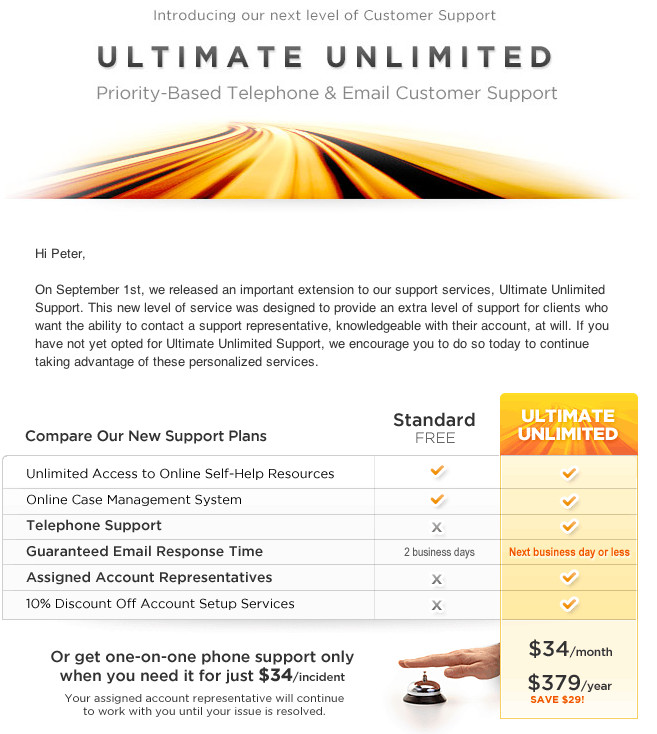So, about a week ago, I get an email from a good friend and fellow commercial freelancer who’s presenting on an IABC panel on freelancing a few days later. She’s written to me to get my input on an issue of exceptional interest to the many would-be attendees. Her question is:
Can you sum up “the current state of freelancing†in two sentences?
Sounds like a logical question, and one phrased in precisely the manner we’ve all become accustomed to. After all, there’s the current State of the Union, of the healthcare debate, of male/female relationships, of the Atlanta dining scene, etc. So there must be a “current state of freelancing†as well, right? Well, actually, no.
Here’s my reply (with a few embellishments after the fact):
I’d actually take issue with your wording. There IS no “current state of freelancing.†Think about it. That implies some condition pervading ALL of the freelancing market, which, by definition, affects everyone. Sort of a silly notion, actually. There’s MY current state of freelancing, yours, and everyone else’s, and none of them have much to do with the others.
Our respective states are dependent on how good a writer each of us is, how broad a network we have, how aggressively we’ve been tapping into that network, and a ton of other things inherent to us alone and how we run our businesses.
Buying into the idea of a “current state of freelancing†is victimization waiting to happen. It implies a reality to whose dictates we’re all subject, and hence, can do little except ride the wave along with everyone else, and “wait for things to turn around.†Which is exactly what a lot of people are doing, having bought into the idea (after listening to what some “experts†said IS that current state) of a “force†beyond their control. I suppose some people just like to be told what to do next (or not do).
In truth, my current state of freelancing is pretty good, as are those of a lot of others I know. And part of the reason for that is because we realize our commercial freelancing businesses are OUR businesses, largely under OUR control.
Sure, many businesses have pulled, back, but many haven’t, and the work is out there. Magazine and newspaper writing? Absolutely, those arenas are way down, but that’s not our field of freelance copywriting. So, don’t buy into the gloom and doom. Remember: the average commercial freelancer needs such a tiny slice of the overall universe of freelance commercial writing work to do well.
How would you respond to the above question?
Why do you think people are so anxious to be told what the “reality†is?
How IS your “current state of freelancing�

